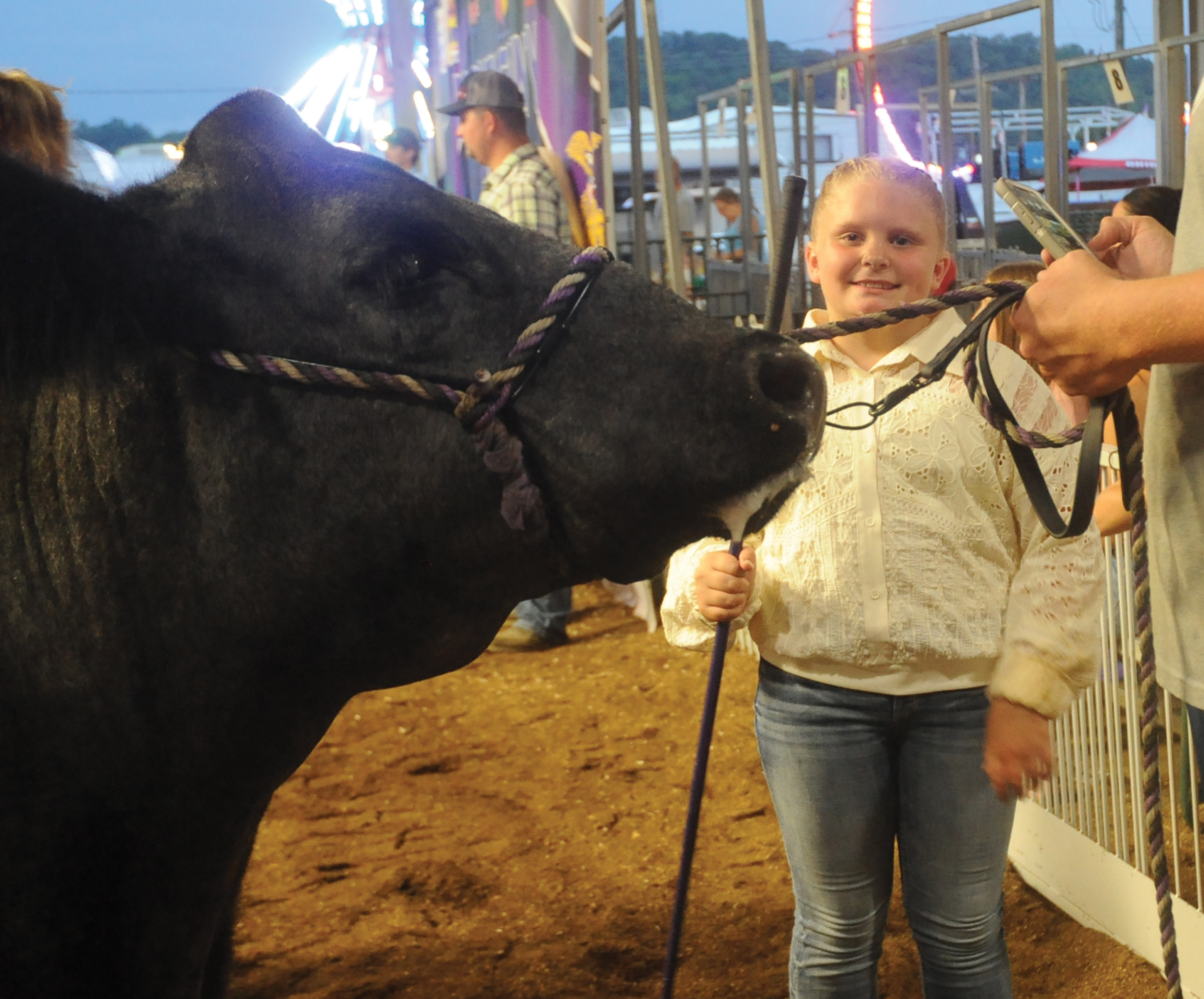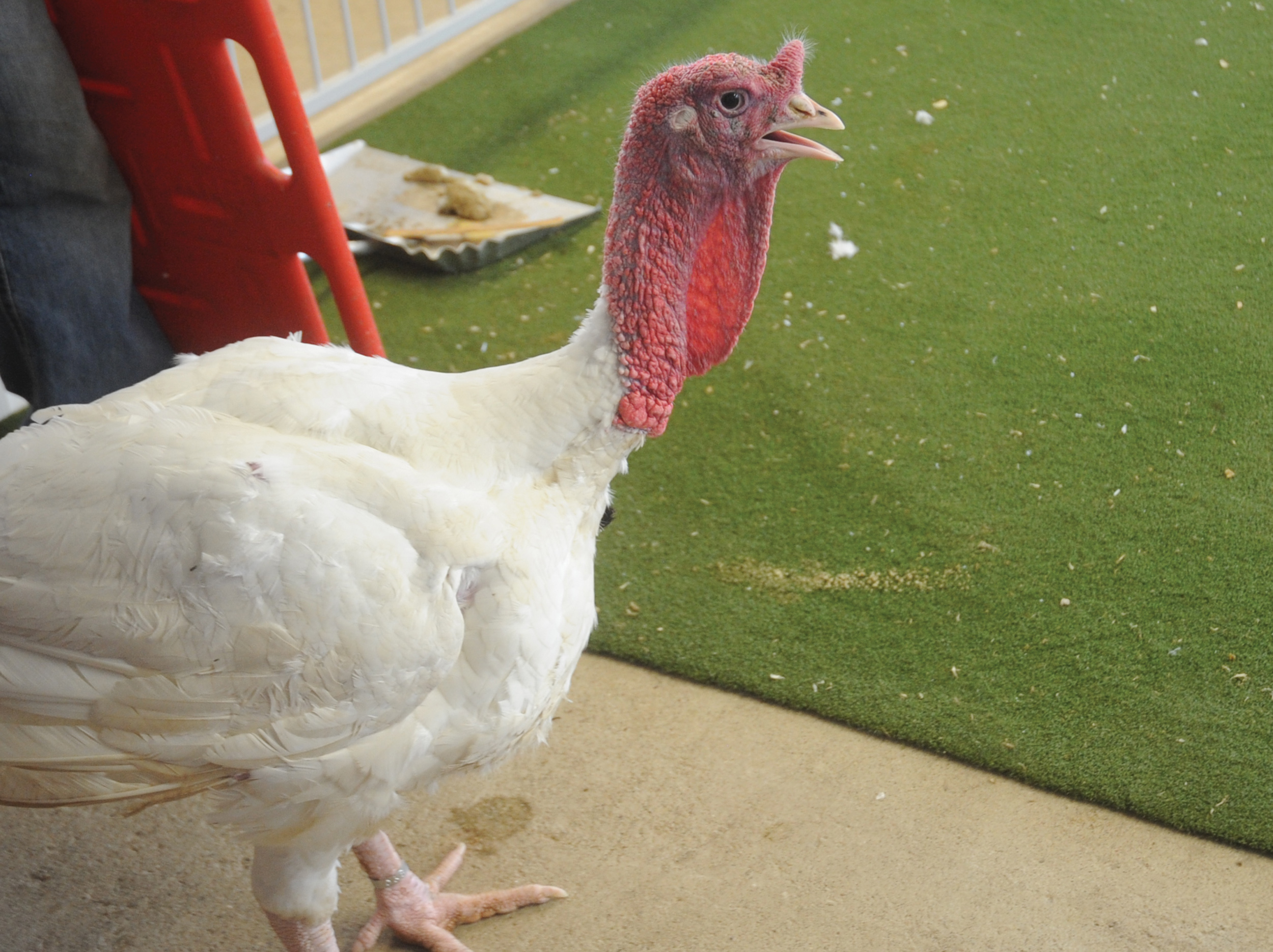A dream to elevate a community
Published 12:22 pm Monday, May 1, 2017
Perry speaks to group about achieving more
Audy Perry, Jr., executive director of the Smithsonian-affiliated Heritage Farm Museum and Village, near Huntington West Virginia, spoke to Chamber of Commerce members at their monthly final Friday lunch on the subject of dreams.
Not the fantastic images that rumble through your head while you sleep at night, but the things you want to achieve. Perry said that we don’t really talk enough about our dreams anymore. “We talk about schedules, plans, and how busy we are,” Perry said. “But not enough about our dreams.”
Dreams, he said, are what lead to innovation. They are what make things better, for the individual, their family, and their community.
Trending
But, he said, we’ve conditioned ourselves not to talk about our dreams.
He used, as an example, schoolchildren who visit the farm. He’ll bring them in and show them an old fashioned example of a common household device, like a toaster, and ask them to identify it. Sometimes, he said, that takes a while, because they are embarrassed to speak out. They are afraid of being wrong. But once someone is brave enough to identify it, then the others grasp the idea and see it as well.
After asking them to take a look at the past, and consider the ways it’s been improved already, he’ll ask them how to make it better.
They’re usually quiet again, he said, but then they “take the lid off (of their ideas) and things come flying out!”
We need to learn to speak out about our dreams, in order to make them a reality, he explained.
He used the book of Nehemiah as an example. Nehemiah, whose dream was to rebuild Jerusalem, convinced the emperor of Persia to allow him to rebuild his city. But first, Nehemiah had to identify the problems.
Trending
“What are our problems?” Perry asked. “They’re not a secret. Drugs. Poverty. Job loss. A brain drain.”
“If we’re people who care about our community,” he said, “what is our dream? How are we going to make things better for other people?”
He then used Nehemiah chapter five to emphasize how a community needs to come together. Chapters four and six, he explained, were about opposition from within and without. Any time someone has a good idea, he explained, there is that opposition, from outside interests who fear they have something to lose, and from those within an organization or community who are just reluctant to change. But between these two, in chapter five, he explained, is a lesson to “stop abusing our people… stop abusing the poor.”
“(Your dream is) not going to be great unless it benefits people other than you,” he said.
He also said that any dream to save our communities have to come from within that community as well.
While he said he didn’t want to diminish the impact of companies locating here in Appalachia, he noted that this was often a result of the hard work of groups in those communities whose dreams are to improve the economic opportunities available there, and that it wouldn’t happen without their hard work.
“Never be lulled into the thought that someone from somewhere else will save you,” he said.
It takes hard work, he continued, to achieve these dreams. But it isn’t done in a vacuum. It’s done, he explained, by building on the work of the past and with the contributions of others.
“It’s important when dreaming to remember we’re only building on what has already been done,” he said. “Somebody in your family was amazing… or you wouldn’t be here today.”
He noted that attributes like ingenuity and cleverness are not often related to Appalachia, “but they should be.”
He used the example of our forefathers who came to settle Appalachia. While their contemporaries on the east coast needed simply to wait for a boat to come into harbor with the things they needed to have, those on the Appalachian frontier needed to create these things for themselves, from scratch. While someone in Boston or New York might buy a new coat once a ship arrived with the season’s new fashions, someone in Appalachia had to raise sheep, shear them, spin their wool into yarn, and knit their new coat.
“We’re not less than,” he said. “Once you chose to come over those mountains, you had to do everything yourself. Those were incredible people.”
People with dreams, who established communities, and whose dreams we should be building on, he said.
“It’s the dreams, in your heart,” Perry said, “that change our community.”





